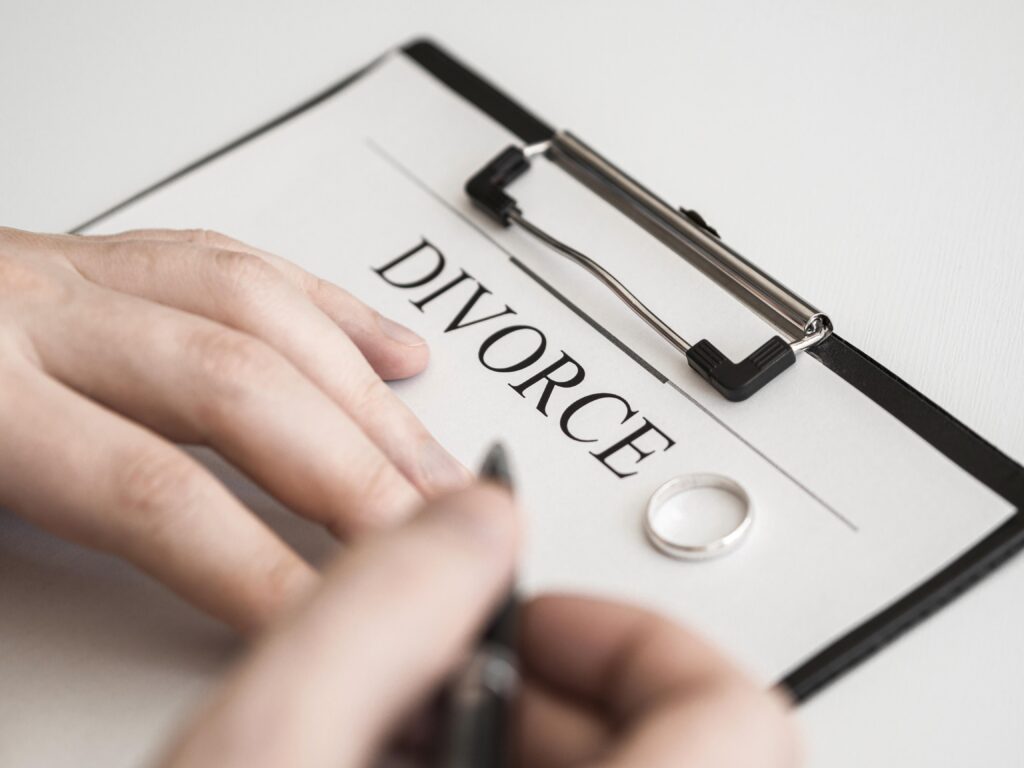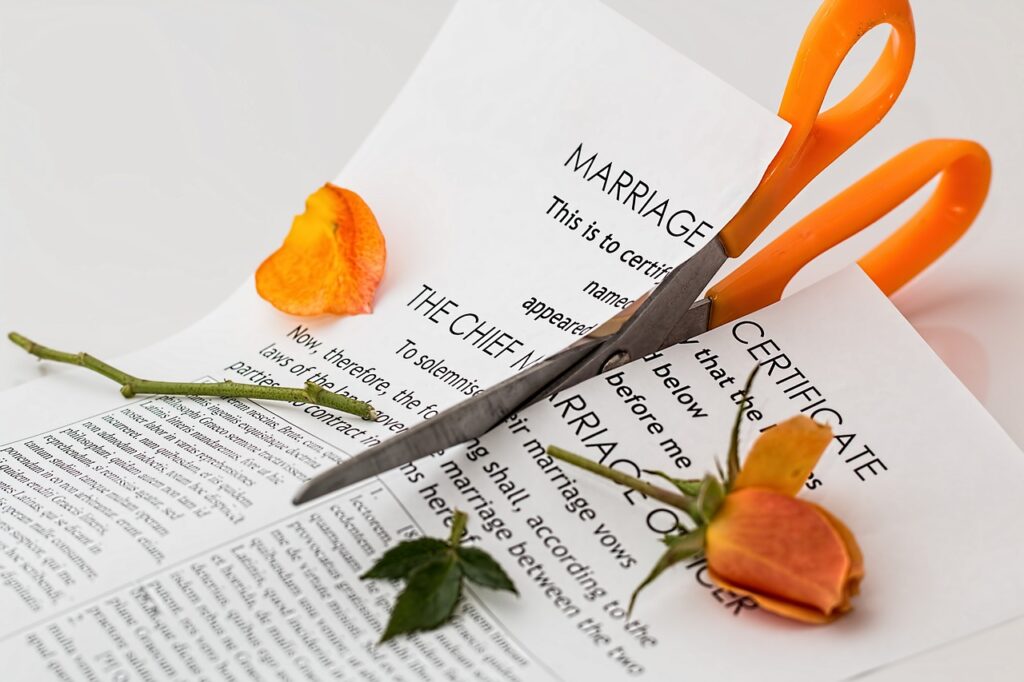Now Reading: A Breakdown of the Legal Process for DUIs
-
01
A Breakdown of the Legal Process for DUIs

A Breakdown of the Legal Process for DUIs
The legal process for driving under the influence (DUI) is extensive in Massachusetts, especially because it is one of the more strict states. The fines, license suspensions, jail time, and more depend on the number of offenses that you have committed. The police officer has the jurisdiction to pull you over if they have probable cause to believe that you are under the influence while operating a vehicle.
When law enforcement pulls you over, there are steps that must be taken to make the arrest final and legal. A DUI is a serious offense that should be resolved with the help of an experienced DUI attorney or you risk losing your license and jeopardizing your future.
Blood or Breathalyzer Test
The first thing a police officer must do before making a DUI arrest is to test the defendant to determine if they are truly impaired. They should administer a field sobriety test, breathalyzer test, or blood test. You can either refuse or submit to this. If the results show you are impaired or you refuse to take the test, you will be brought to jail overnight while they take action.
Probable Cause for Arrest
A police officer must have probable cause to arrest you, conduct a search without a warrant, detain you on suspicion of having committed a crime, or obtain a search warrant. In other words, they must be very sure that you are breaking the law to pull you over and conduct a search.
Miranda Warning
The Miranda Warning is a statement that law enforcement must explain before they can arrest you. It lays out the rights that you are granted and protects your 5th Amendment right to refuse to answer self-incriminating questions. These cannot be said until the arrest is made and they can ask questions before the arrest, making it known that the answers are voluntary.
Arraignment
After you have been pulled over, questioned, and arrested because they have reason to believe that you are drunk driving, you will be sent to your first court appearance after the DUI arrest which is called an arraignment.
The criminal charges against you will be read to you and your Massachusetts DUI lawyer as a “Not Guilty” plea on your behalf. Arraignments are seen as a formality but can be an important part of your DUI case. Before your Arraignment, you will obtain legal counsel where your lawyer will analyze and explain your options to you. Whether it is your first offense or not changes the results.
Pre-Trial Conference
The pre-trial hearing occurs 4-6 weeks after your Arraignment. There may be multiple conferences and your lawyer will ask the prosecutor for all of the information necessary and how the case may be resolved. They will offer you a deal for which your lawyer will advise you to accept or deny.
Attorneys will file motions for discovery of evidence or motions to suppress evidence to limit the amount being used against you at trial. Then they obtain information relating to the prosecution.
Trial
At your trial, you can decide whether to have a “jury trial” or a “bench trial” where the judge will come to a verdict. Bench trials are faster, but both have advantages and disadvantages. It is advised to let your attorney decide which would be the best option for your case. After the court hearing, the judge will come to a verdict.
Sentencing
The sentencing occurs immediately after the trial ends. If you lose, your attorney will file paperwork and walk you through your next steps. If you win, your attorney will give you their professional opinion on the next steps and most likely advise you to apply for a hardship license if it is your first offense.
Your sentencing will result in the number of offenses you have committed and the evidence you and your attorney provided. This extensive process is difficult without an experienced DUI attorney. If you are charged with a DUI, it is recommended to hire a lawyer immediately.










